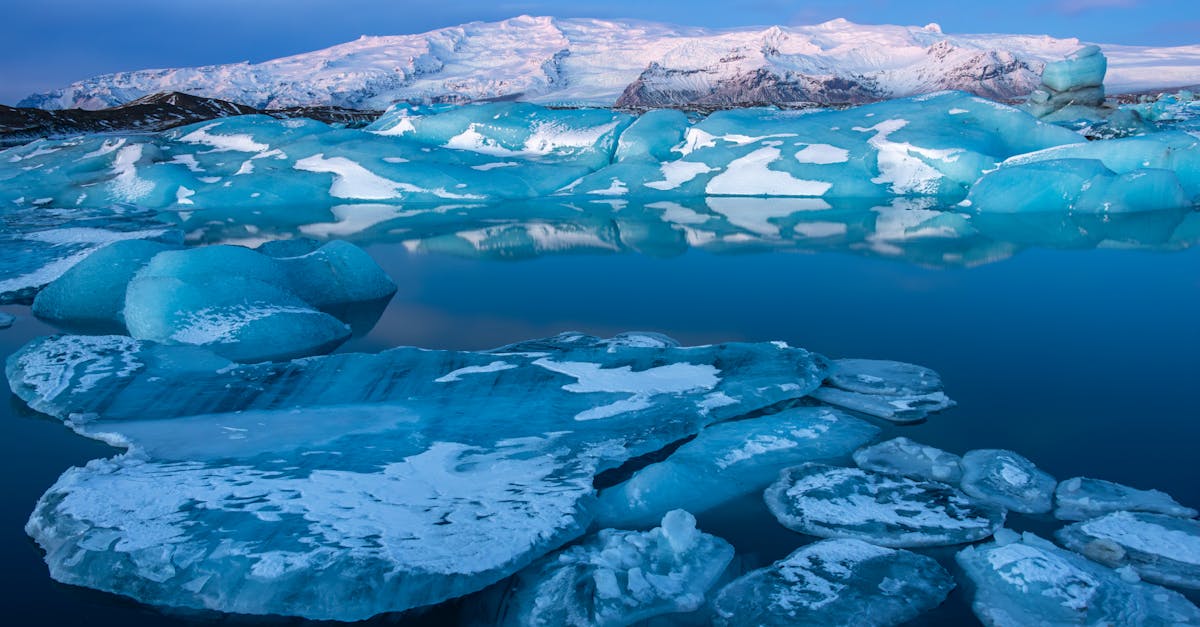**The Alarming Reality of Glacier Melting: Understanding Its Global Impact**
Glaciers have long been a symbol of nature’s majesty and power. These massive, slow-moving rivers of ice have captivated human imagination for centuries, and their beauty has inspired countless artists, writers, and scientists. However, in recent years, glaciers have been undergoing a drastic transformation due to climate change, with far-reaching consequences for our planet.
Glacier melting is one of the most visible signs of climate change. The effects are being felt across the globe, from the polar regions to the mid-latitudes, and even in some tropical areas. The rapid melting of glaciers has significant implications for global sea levels, water supply, biodiversity, and human societies.
One of the primary reasons behind glacier melting is rising temperatures. As the Earth’s average temperature increases, the ice caps at the poles begin to melt faster than ever before. This is particularly evident in Greenland and Antarctica, where ice sheets are losing mass at an unprecedented rate. The consequences are being felt far beyond these regions, however.
**Rising Sea Levels: A Growing Concern**
As glaciers melt, they contribute significantly to rising sea levels. This poses a major threat to coastal communities, islands, and cities worldwide. According to the Intergovernmental Panel on Climate Change (IPCC), global sea levels are expected to rise by up to 1.1 meters by 2100 if greenhouse gas emissions continue unchecked. This would result in widespread flooding, erosion, and saltwater intrusion into freshwater sources.
**Water Supply Disruptions**
Glacier melting also has a profound impact on the world’s water supply. Glacier-fed rivers are an essential source of fresh water for millions of people around the globe. As these glaciers melt, river flows become more erratic, reducing the reliability of this critical water source. This affects not only human consumption but also agriculture, industry, and ecosystem health.
**Biodiversity Consequences**
Glaciers play a crucial role in maintaining biodiversity on Earth. They provide habitats for unique and adapted species that are found nowhere else on the planet. As glaciers melt, these ecosystems are disrupted, threatening the very survival of many plant and animal species.
**Human Societies: A Growing Concern**
The melting of glaciers has significant implications for human societies as well. Glacier-fed reservoirs are a vital source of hydroelectric power, which supports millions of people worldwide. The reduced flow of rivers also affects fishing industries, which rely on these water sources for their livelihoods.
In conclusion, the melting of glaciers is a pressing global issue that demands immediate attention and action. As the world grapples with the consequences of climate change, it is essential to understand the intricate relationships between glaciers, sea levels, water supply, biodiversity, and human societies. By working together to reduce greenhouse gas emissions and mitigate the effects of climate change, we can slow down glacier melting and preserve the beauty and wonder of these natural wonders for future generations.
